Interview: Farokh Talati, Head Chef of St John Bread and Wine, London
There is a quiet radiance of joy emanating from Farokh Talati’s face. Kind, calm, measured, eyes lit when talking about food, especially Parsi food, the roots of his ancestry, and the subject of his first, recently published book: ‘Parsi: From Persia to Bombay: Recipes & Tales from the Ancient Culture’. We meet in St John Bread and Wine restaurant on Commercial Street where Farokh is the head chef. (St John B&W opened its doors in 2003 in the heart of East End London, a sister restaurant to its Michelin star St John on St John Str in Smithfields.) Our first meeting falls on a day my 15 year old son has an inset day, so I hope to take him along. My son loves cooking, is it okey if he comes too? Bring him with. We arrive to a quiet murmur of prep in the kitchen, the silent dance of chairs and tables arranged into order by floor staff. Farokh greets us with a smile and a welcoming suggestion for Kolya to go and help the guys in the kitchen. (wow, really ?!) After 3 hours of working during lunch service alongside Paris, Farokh’s sous chef, Kolya is in love. Mum, I’ve found my passion. Wow. This is massive.
What initially started as a collaboration to invite a guest chef to share some of his beloved recipes with our readers, turned into small plates of Chinese dumplings in Chinatown, Russian pelmeni in Soho, Italian coffee, British scones and tea, and one very lovely Japanese broth at Koya on Frith Str, whilst talking about food, the industry, Farokh’s passion for analog photography, what makes a restaurant a success, staging at St John’s myself (way out of my comfort zone, but possibly the most interesting, fun and rewarding experience for years, I love cooking, so what an opportunity!), my son starting his formal staging for the Duke of Edinburgh award at the restaurant (honestly, just wow!), helping out with Farokh’s upcoming Parsi Cooking Club and a friendship that feels wonderfully invigorating.
Apart from a string of unfortunate waitressing jobs in my teens, a short stint as face control for a Franco-Brazilian club and restaurant Favela Chic in my early 20s, the closest I got to flirt with the hospitality industry in recent years, was by working for Jason Atherton, alas in the capacity of an illustrator, by neatly reshaping the visual stories of his restaurants around the world. What curious coincidence to be meeting a man whose mentor Angela Hartnett, a protégée of Gordon Ramsay, previously worked with Jason Atherton at Verre in the early 2000’s. It was Angela Hartnett’s ethos, diligence and business driven mindset which shaped the way Farokh himself runs the kitchen at St John. A successful kitchen which feels most nurturing and harmonious. No shouting, no swearing, no nonsense. Swift movements, quick call outs, Farokh masterfully orchestrating the floor with quiet power, the atmosphere feels energised but not overwhelming. You are encouraged to think for yourself rather than be scolded for failing to know. Through both conversation, and quietly observing the inner workings of St John, Farokh transformed my understanding of how a professional kitchen can work. Why is this significant? Well,… because my son hopes to one day open a restaurant. Someone’s story, their demeanor, their work ethic can at times become a catalyst for a way you want to transform your own life, or the life of someone you love, your way of being, the way you want to work with others. Sometimes saying yes opens doors you didn’t know existed, doors you didn’t think were meant for you, or your child. After meeting Farokh, I am now able to pour all my energy into supporting Kolya’s growing passion, no longer worried about the glorified goriness of the industry. This alone, is a transformative experience, one of true hope for humanity.
I hope you will enjoy this interview and the wonderful Parsi recipes that Farokh will share with you in the coming weeks (all recipes shown in photos to be featured). If you missed the Sussex Pudding with a Parsi flair recipe (I assure you, one of the most delicious desserts I have tasted), you can find it here.
Please introduce yourself.
My name is Farokh Talati, I am head chef at St John in London, I’ve written a cookbook about Parsi food, I have Parsi background. My ancestry is half Persian, half Indian. I love dogs, I love photography, I love walking in Soho. That defines me.
You work under immense pressure with quite a large rota of different people, different characters, different cooking abilities, age groups, backgrounds. How do you manage not to take things personally?
Sometimes to deal with any kind of difficult situation, is to do nothing. Sometimes the best thing is just to listen. I think silence often speaks more volumes. There are only a few occasions when I can recall some obvious maliciousness, apart from that, we run a really well orchestrated team. Now that I am getting older (Farokh is 39), I am really thinking about where I am going to spend my energy and what on, on any given day. Also, I love astrology. When you think about it, the universe is infinite, so that one situation before me, a KP not showing up for one shift in a restaurant in a city of 8 million, in a country of 65 million, in a world of 7.8bl, becomes quite insignificant. You have to think about what to do to solve the issue, if you can do something, do it, and if you can’t – then you simply can’t.
What do you think makes a good mentor?
Patience. A tonne of patience. Understanding that someone might not be understanding what you are saying the first, second, third, fifth, tenth time, but also understanding that when they do finally get it, it will pay off. I had the great pleasure to work with Angela Hartnett, and I learned so much from her. When I was a young chef, I used to tag along with Angela, if she was cooking at someone’s house: Angela, can I come and help? If she was doing a charity event: Angela, can I come and help? If I saw something in a magazine, noting that she was doing an event: Angela, I saw that you are doing this, can I come and help? I pestered her, packed her car, prepped her food, and she had patience for me. Being a mentor is taking on a level of responsibility over someone.
What is the most rewarding part of your job?
When I first started working at St John, it was the privilege of the position, but this wore off pretty quick. Now, the most rewarding part of my job is to pass on knowledge. And this doesn’t mean passing on knowledge to a younger generation, this job is ageless, there are all kinds of people of all sorts of abilities and ages entering this vocation, so the honor lies in passing on the knowledge to all of them. It is knowledge that I myself have been passed on, knowledge I have accumulated, observed.
How imperative is kindness, empathy and respect in your day to day with your team?
This has nothing to do with the work environment, this has everything to do with the kind of person you are. Taking the time for people, listening to what they have to say, or not saying anything at times. Seeing if you can help them, or sometimes just observing and tuning into the fact that that person might not be having a good day. Personally, I don’t feel I’m always great at this, when I am in work mode I can be quite focused on the task at hand, so I have to actively go out of my way to exercise this practice with others on a daily basis.
St John is renowned for churning out an extensive amount of chefs starting successful restaurants as they leave. What is different about the way you operate in St John?
Fergus Henderson (the founder of St John on St John Str) certainly knows how to instill an atmosphere of calm and creativity in the kitchen. One of his famous quotes goes: ‘Happy chefs make happy plates.’ When someone is in distress they will not make a happy meal essentially. So we try to maintain a nurturing environment where it is pleasant and easy to learn. We don’t scream, we don’t shout, we don’t abuse.
Now that Fergus is not around so much in the kitchen, it is down to the head chefs to carry through his ethos. I think it is very much down to the management of how the kitchen is run. We have our guidelines, we have our framework, it’s a culture. Our culture is to teach, to nurture, to develop amazing chefs that go out into the industry and open up their own restaurants, and carry on this ethos. This is how we will change the industry for the better.
Why did you decide to become a chef?
I always knew I was going to be, no idea why. When I was about 8, I remember telling a teacher, that I was going to be a chef. My mum used to tell me I used to watch ‘Ready, steady, cook’, and I would go into the kitchen, cook, and then return to the living room and show my mum what I’d made.
What do you love most about cooking?
The rigor and also the lack of structure in the day. I love that not a single day is the same. Making new dishes, a new ingredient arrives, coming up with ways to cook it, a staff issue, a supplier’s issue. Constantly on your feet. Constantly coming up with solutions. This rythmn not dictated by stress, rather part playfulness.
You just published a book, congratulations. What is Parsi food and why did you decide to write a book about it?
I like to think of Parsi food as the original fusion cooking. It is a dynamic, interesting mix of Persian and Indian cuisine. From the Persian side: the rice, the nuts, the saffron, subtle spicing, and from the Indian side: the coriander, the fish, coconut, the meats, and heavier spices. It is such a unique culture to discover.
Initially, I thought the book would be a great addition to the kitchen once I open my own restaurant. Giving Western chefs context to Persian food. As the project progressed and time went on, I realised I have a rare opportunity to highlight the cuisine of a dwindling community. As well as having the honour of preserving an aspect of our culture that makes us, the Parsis, so unique.
What is the best advice you’ve received?
Best advice I ever got was from Gary Usher, my old sous chef and mentor. Turn up on time, make sure you are presentable, always listen to what the chefs tell you, always turn up with a pen and a pad to write down everything you may have learned that day. That took me through my formative years of being a chef. Everything else is from the wisdom of Neil Young and Bob Dylan.
What does it feel like to love the job you do?
It’s a level of contentment which can be rare within the industry. More often than not I’ve had jobs where the stone in your stomach, the dreaded feeling, the anxiety, the nervousness is president. In my 8 years of working for St John, I can hand on heart say that I’ve never had that feeling. I feel like I am one of a few very lucky people, one who looks forward to going to work, working with my colleagues, serving meals that others will enjoy, and hopefully forming happy memories.
How important is it to cook with seasonal ingredients?
If we are talking about the restaurant context, I think it is important, because we are almost teaching the general public how they could be cooking with seasonal ingredients at home and what grows this time of year. The menu evolves twice a day, we tend to change it organically, depending on availability of ingredients and portions at hand. Rather than succumbing to the pressure of a rigid menu, we simply change it. So if one of my suppliers suddenly calls me and tells me some broccoli I ordered last night died in the frost, it means I have to come up with a replacement dish for dinner menu with the kale we have in the kitchen. It keeps you on your toes!
Because there is no set menu, you also attract the kind of chefs that are into seasonality. An evolving menu assures longevity in the kitchen. You won’t see everything unless you have worked for a year, you won’t understand everything unless you have worked for two years, you won’t feel at home unless you have worked for three years. You never get bored. You might do a dish with asparagus, you’ll be cooking it for a month, or a month and a half tops, and you won’t see it again for another year. Working with seasonal ingredients, we are showing the chefs that are coming to work, the enjoyment of it, the pumpkins and swedes coming in the autumn, strawberries and berries, fruits coming in the summer. Keeping the chefs’ interest always peaked.
Would I ever push this onto the general public? No, because everyone has their own needs, and means of buying food, especially if someone is barely making enough money to food shop weekly.
You work rigorous hours. How important is it for you to look after your mental health and your body? What are your day to day tools?
Always important. I like to spend my days off, well away from cooking. Famously wandering the streets of Soho with a camera in hand, petting random dogs, drinking coffee at Maison Berteaux. At some point, I realized the adverse effects of social media on my mentality. Following different chefs and restaurants on Instagram makes you question your decisions at work. Removing this pressure allows you to be your authentic self. Now it’s just dogs.


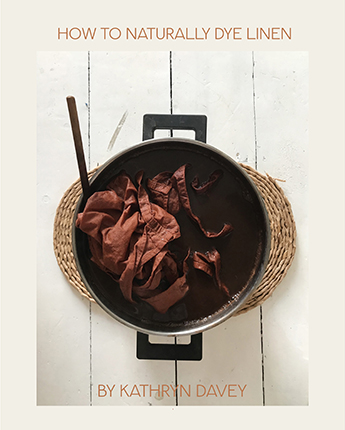
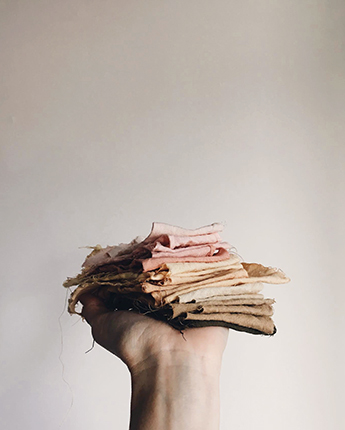

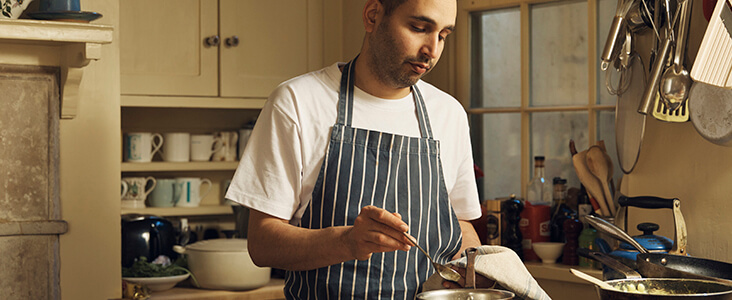
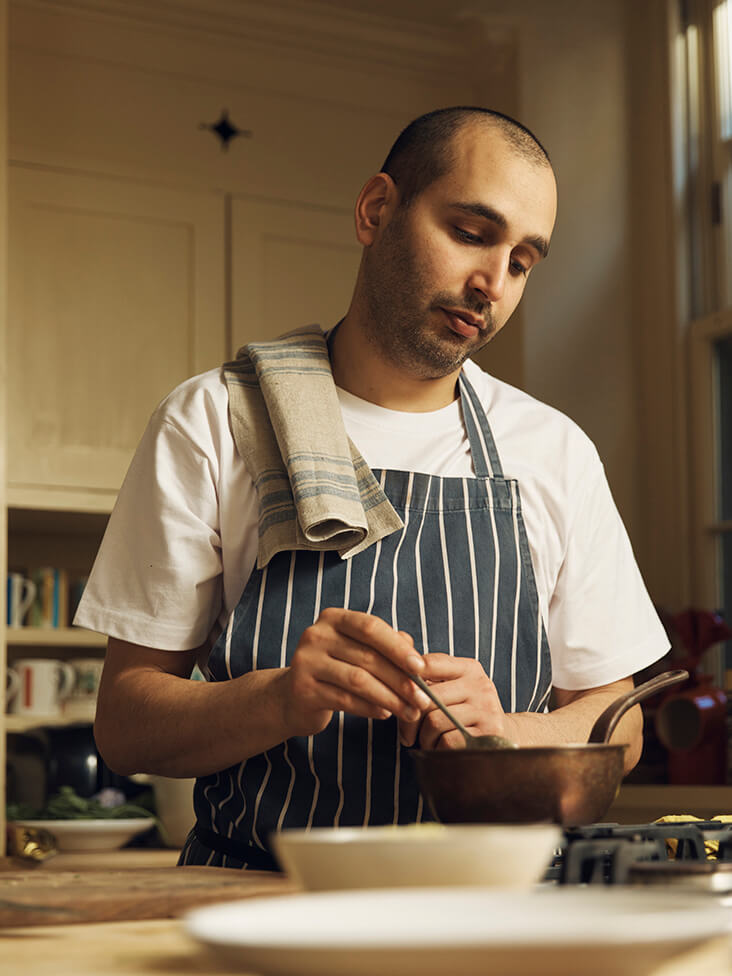
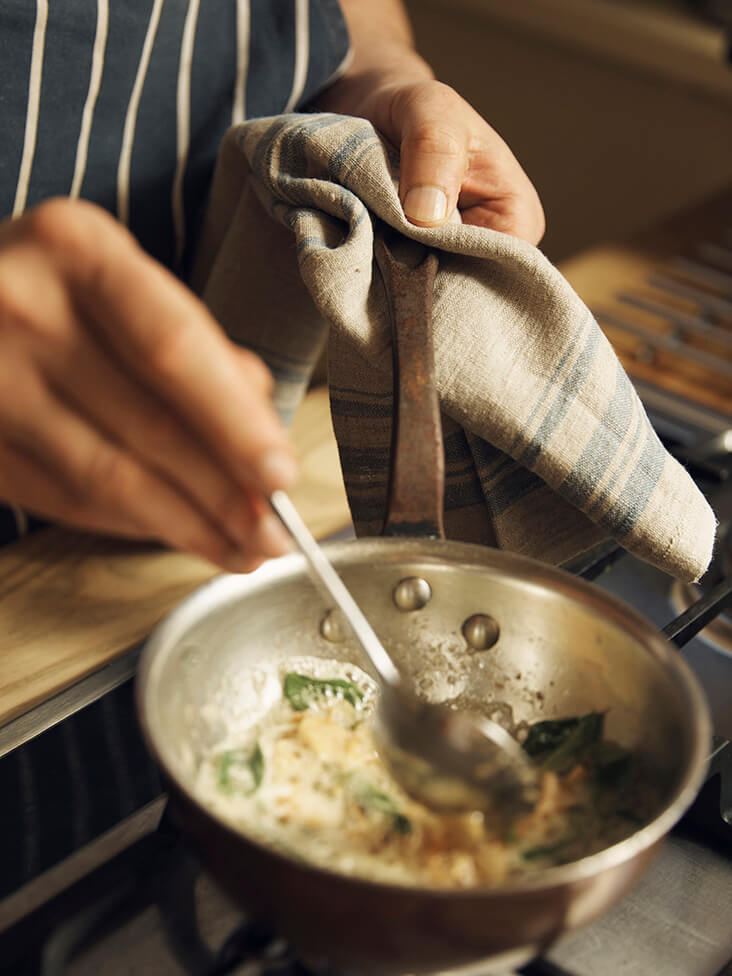
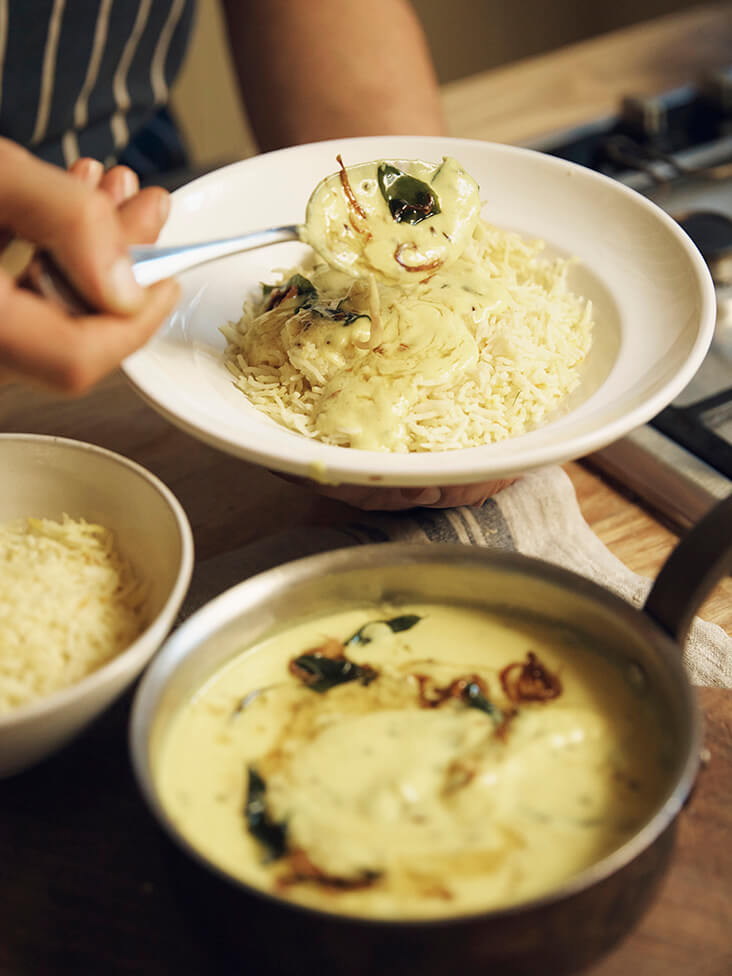
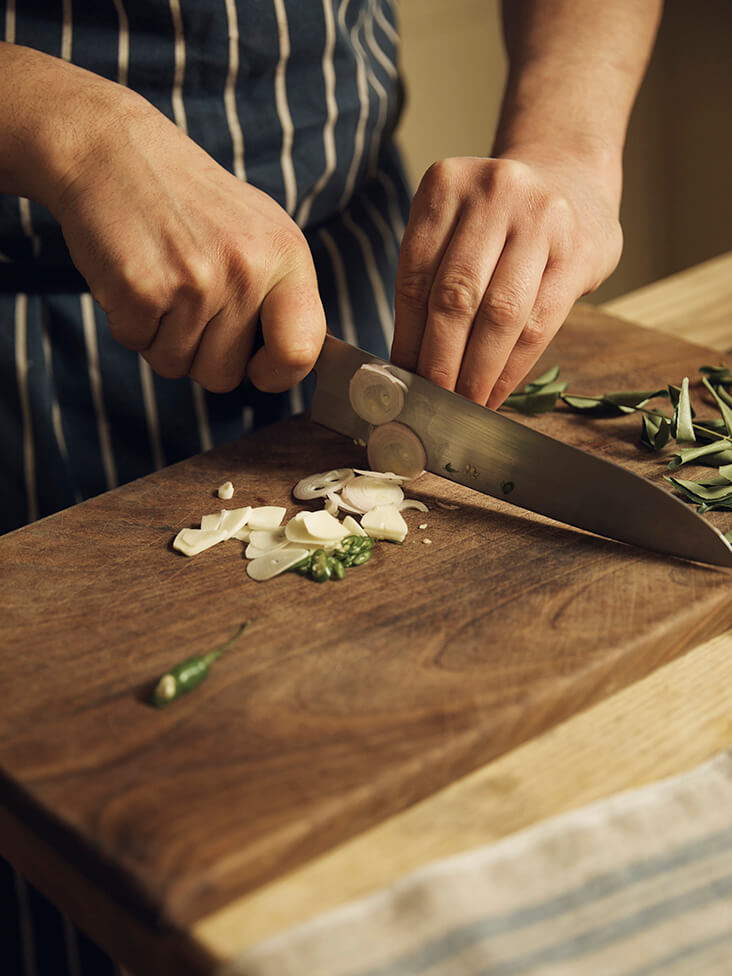
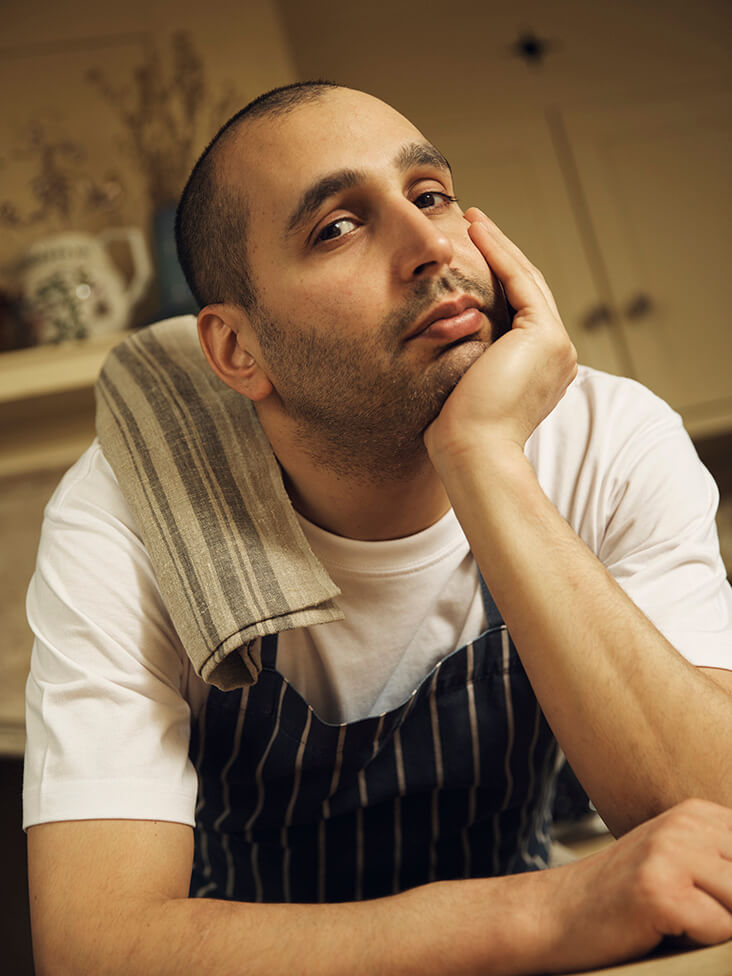
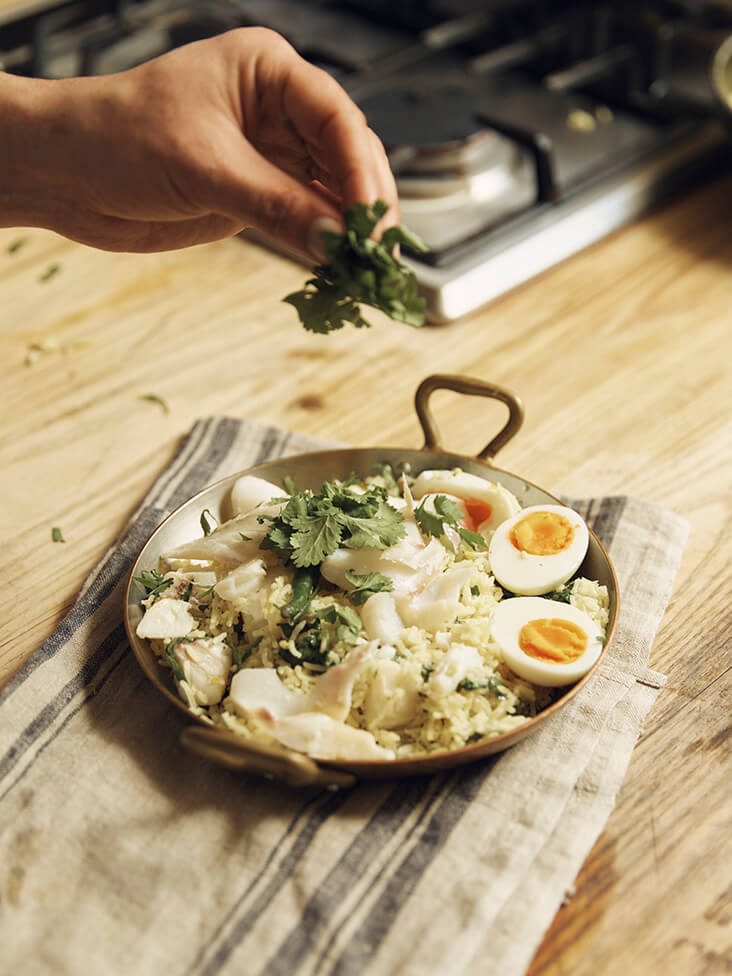
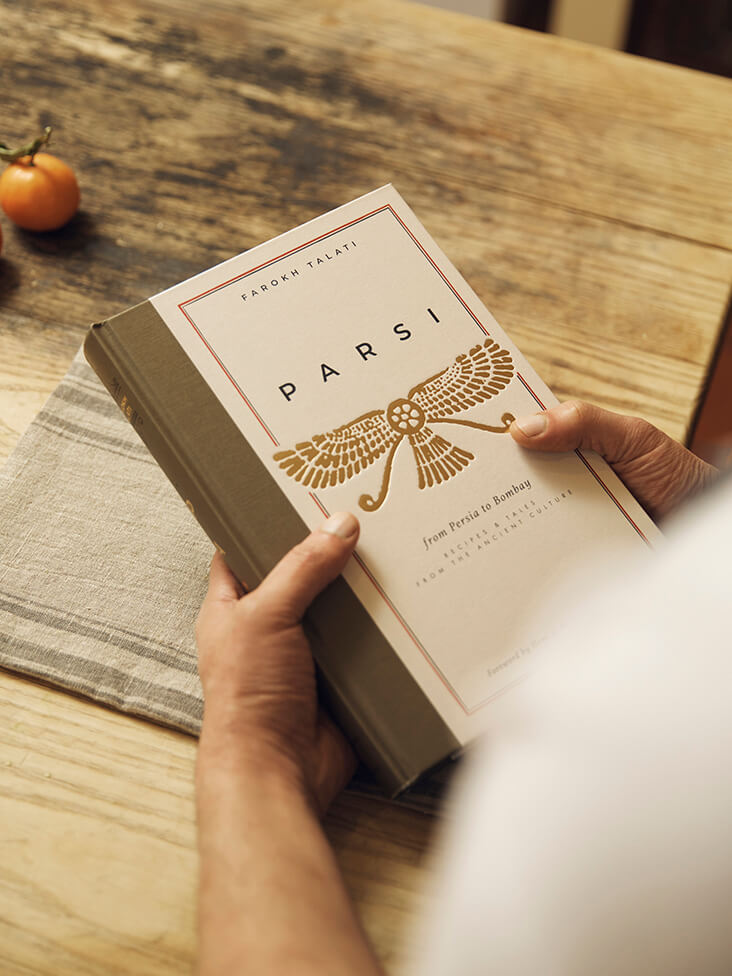
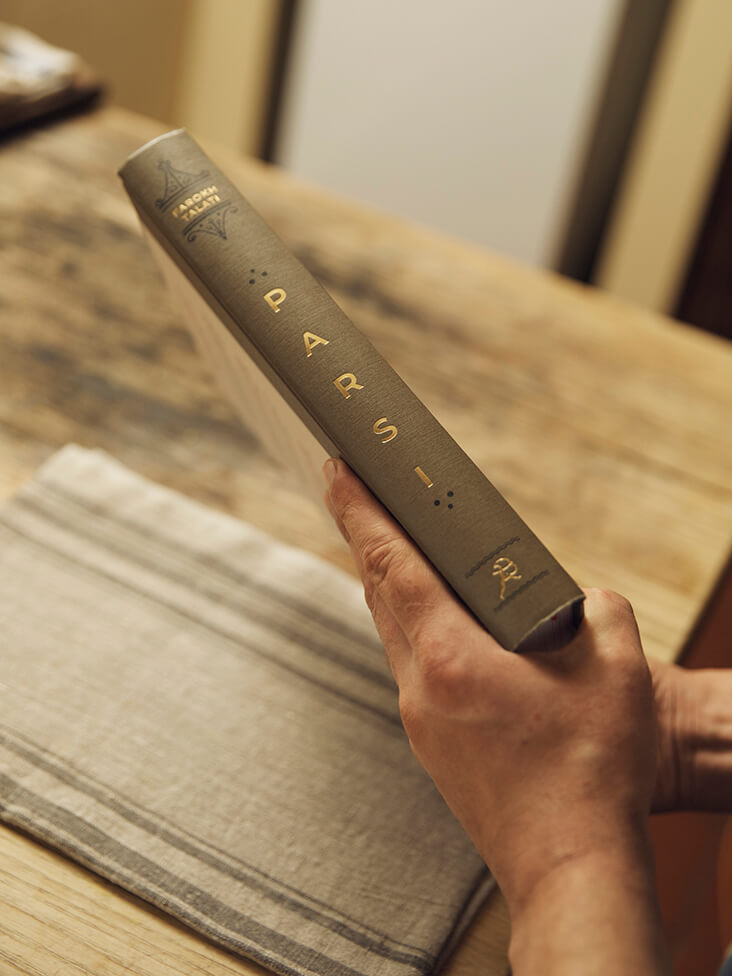
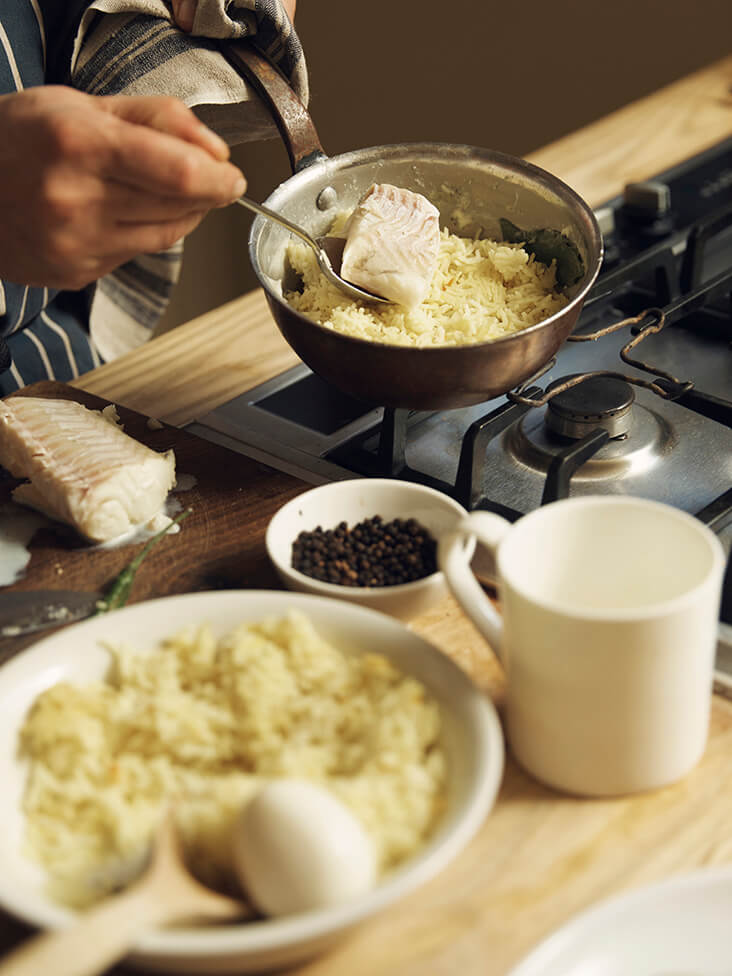
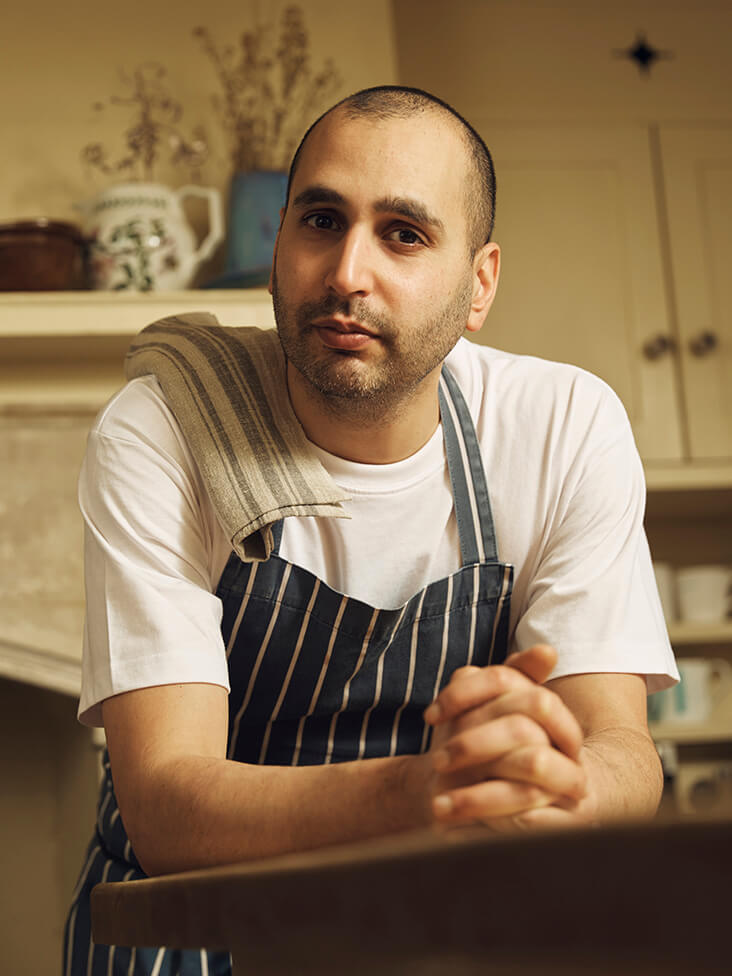
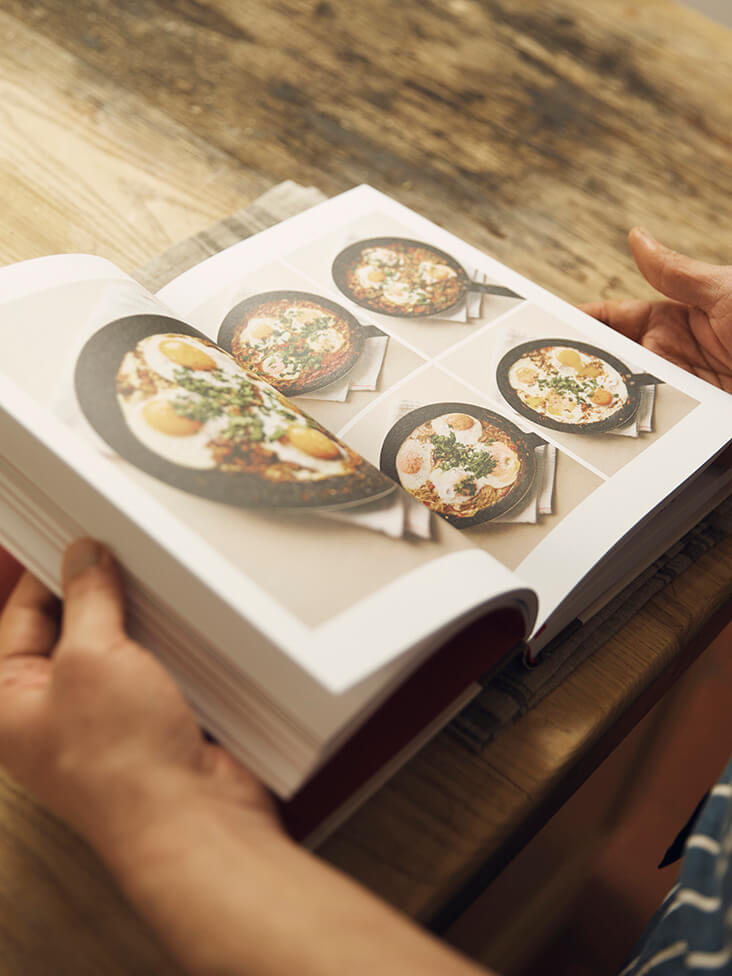















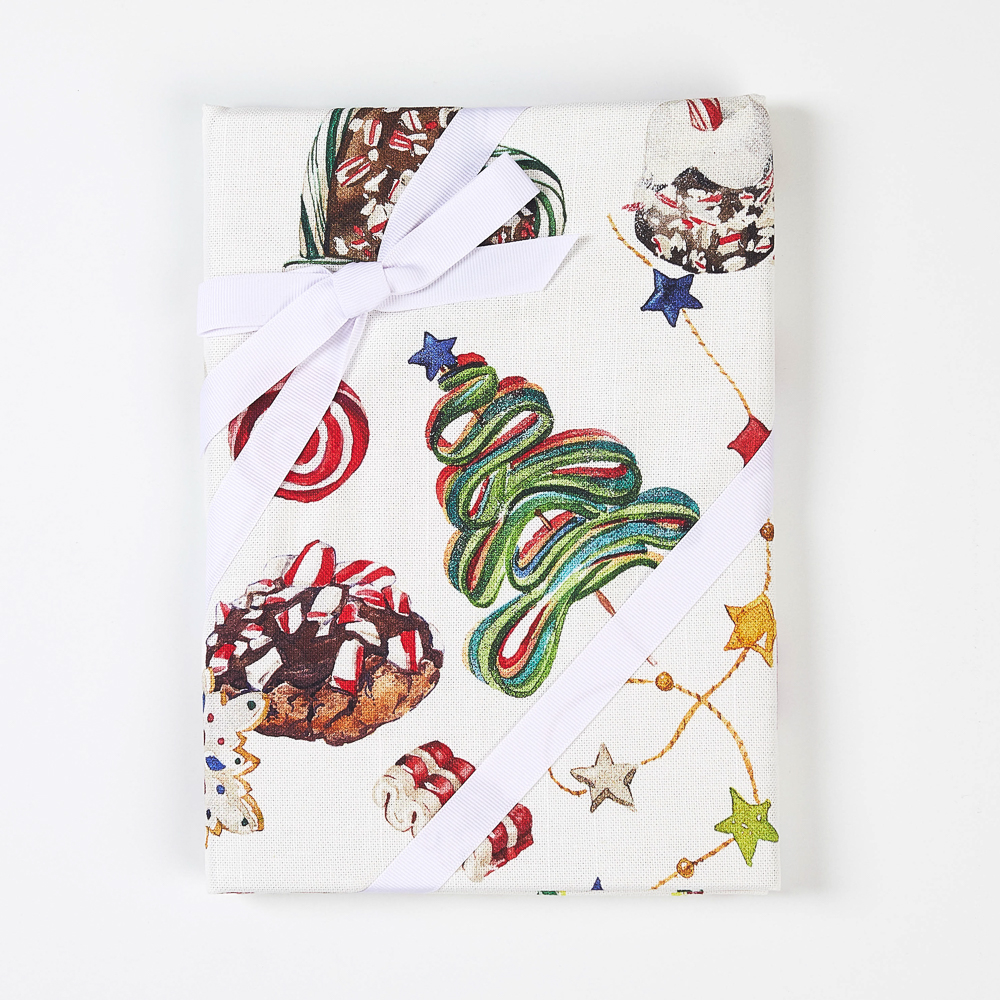

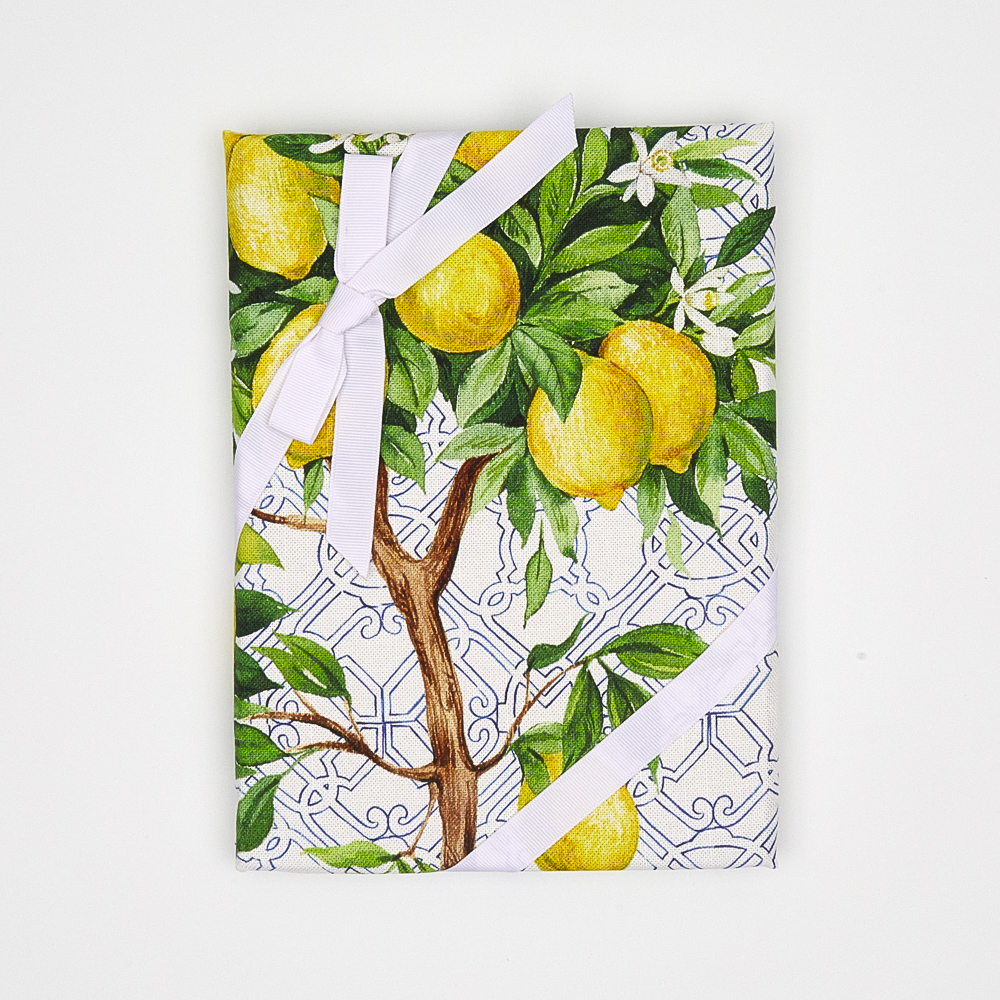


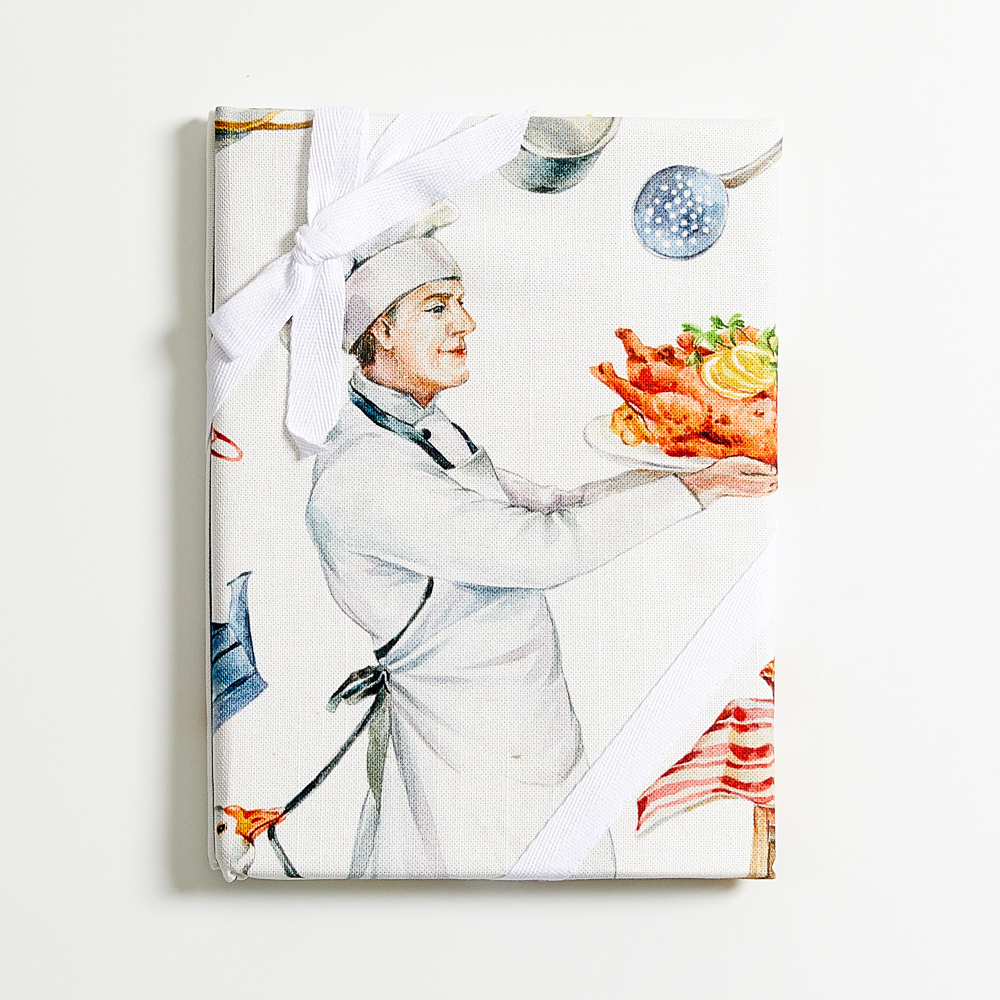









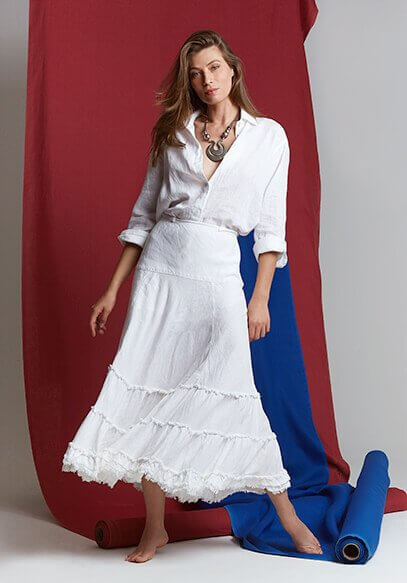
Leave a comment